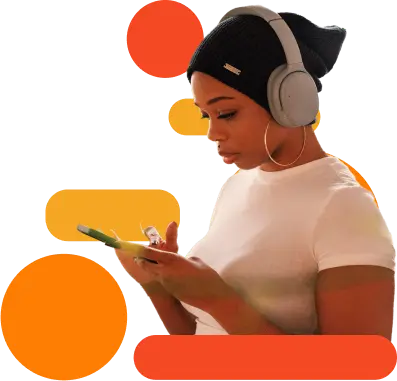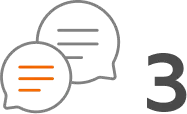Discover PanelOpinion,
Where Every Opinion Counts!
PanelOpinion offers a platform to share opinions and pocket extra cash effortlessly!
Earn money in your spare time by participating in daily online surveys covering diverse topics, joining
in-person focus groups and engaging in fun activities.
Join us now to make your voice heard and boost your earnings!


Sign up
Provide a valid email address and receive emails inviting you to participate in our studies.

Fill out your profile
This allows us to send you studies that match your profile and maximises your chances of being selected.

Participate
Answer online questionnaires or participate in focus groups, product tests and much more!

Get rewarded
As a thank you for sharing your opinion, you'll receive a reward (digital cash transfers, multi-brand gift cards, etc.)!

9 - 17

20 - 45

30 - 60

20 - 45

9 - 17









